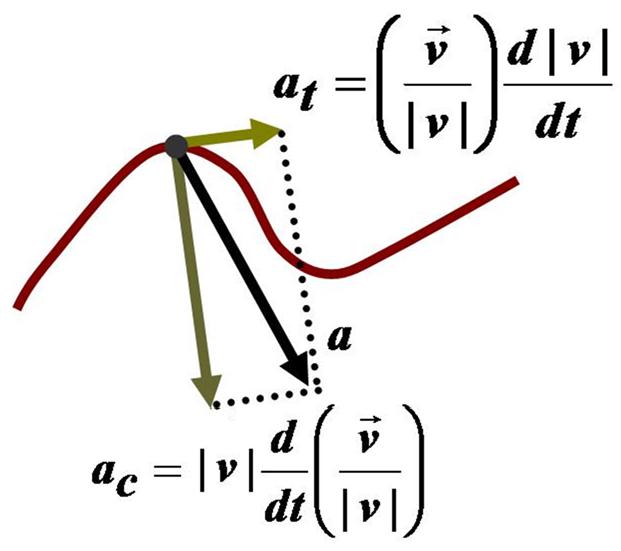Once again, of course not! (Otherwise we wouldn’t be asking this question, would we?) Still, watch Angie Hobbs and Mary Midgley try to explain to Laurence Krauss why not, in this forum hosted by the Institute for Art and Ideas:
[Image credit: “Acceleration components” by Brews ohare – Own work. Licensed under Creative Commons Attribution-Share Alike 3.0 via Wikimedia Commons – https://commons.wikimedia.org/wiki/File:Acceleration_components.JPG#mediaviewer/File:Acceleration_components.JPG]


